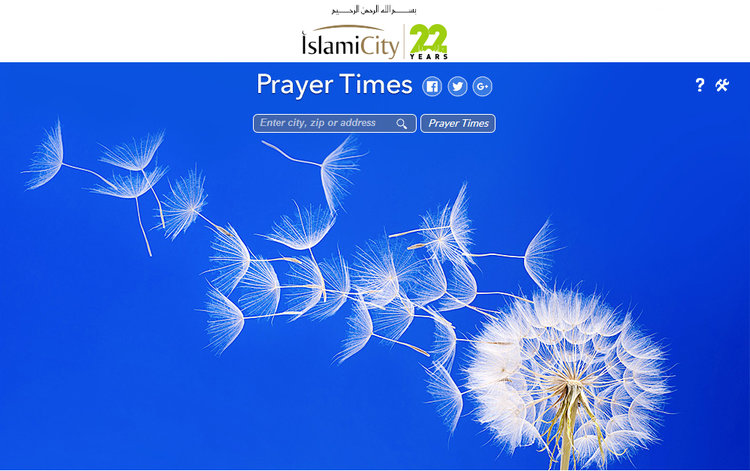Islamic prayer taught in our public schools
April 04,2017


Public students are told to visit this Muslim web site, Islamicity.com, in order to find out what times are appropriate for Muslim prayer. This lesson is being taught in America's public schools with taxpayer funding through the U.S. Department of Education.
Students in grades five through 12, and beyond, are encouraged to learn how to pray like a Muslim in a federally funded Islamic indoctrination curricula in our public schools.
Presented through a PBS program called “Access Islam,” the study is funded by the U.S. Department of Education. It includes the following study points:
According to Martin Mawyer, president of Christian Action Network, “this study is clearly designed to introduce a new way of praying to students – many of whom are Christian or Jewish. This study should never be in the public schools.”
The study notes that “you may want to bring out in the discussion that many religions have set prayers which are written in books of worship and spoken as a form of religious observance.”
This is just another way of comparing Islam to Christianity, said Mawyer. “I am appalled that this type of Islamic indoctrination is being employed in our schools,” he added. “There is absolutely no comparison between Christianity and Islam, and any attempt by our schools to make this comparison MUST be stopped.”
After watching the videos, students are then asked such questions as:
In a related handout, students are asked, “How does the Muslim pillar of prayer make Muslims feel like part of a community?” and “Do you see any similarities or differences between salat and the prayer activities of other religions?”
Mawyer also noted that students are asked to imagine how a person can manage to fit five worship sessions into a day.” “Why are we asking our students to imagine such a thing?” he asked. “This is just another way of getting students to pretend to be Muslim, with the clear and obvious aim of converting students in the public schools to Islam by making it sound very appealing.”
The lesson plan also teaches students about the other form of Islamic prayer, known as dua. This means “calling” in Arabic.
“Dua are personal prayers to God and are different from salat,” students are taught. “Salat is a prewritten, sequenced activity recited in Arabic, while dua is an individualized exchange between a person and God made in any language, anytime during the day. There are duas, or blessings, for specific occasions such as before and after eating, when getting married, before going to sleep, when a child is born and when a person is ill. Duas are commonly offered after salat when a person is reflective and contemplative.”
“This is simply outrageous!” commented Mawyer. “Our students are being encouraged to pray like a Muslim. Can anyone imagine a Muslim student being taught how to pray like a Christian?”
The culminating activity in this lesson on Islamic prayer to for students to watch about how two young American Muslims observe Ramadan, the month-long time of fasting and prayer. “As they watch the video, ask students to pay special attention to how the Muslim experience of prayer differs during Ramadan. Ask them to take a few minutes to free-write their thoughts and reactions. Then discuss the video with the class.”
Martin pointed out that Muslim jihadis also pray before they attack and kill people in Islamic terrorist attacks. “Are our students being taught about that kind of prayer? Obviously not.”
Students are also asked: “How or why does praying in groups help to build community?” and “When you do an activity with a group of people, how do you feel?” and “While Muslims pray at the same time daily, they recite the same words and perform the same movements. How do you think it feels to know that millions of other people are praying with you, just like you, every day?”
“These are ridiculously leading questions,” Mawyer commented, “designed to make our Christian youngsters feel comfortable and even favorable toward Muslim praying.”
CONTACT:
(434) 239-8201
P.O. Box 606
Forest, VA 24551
